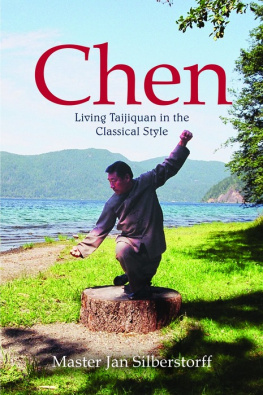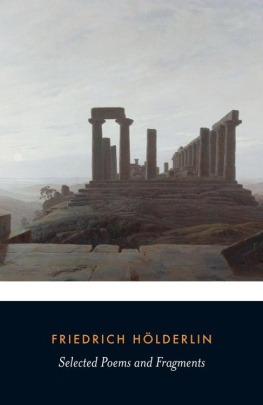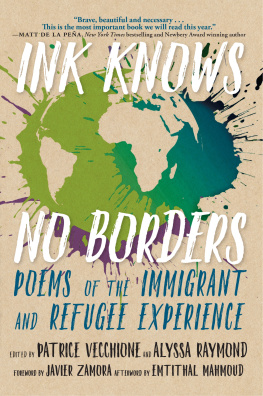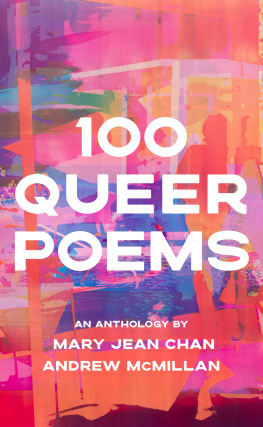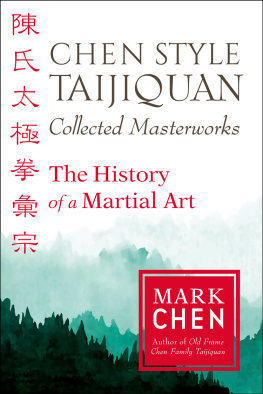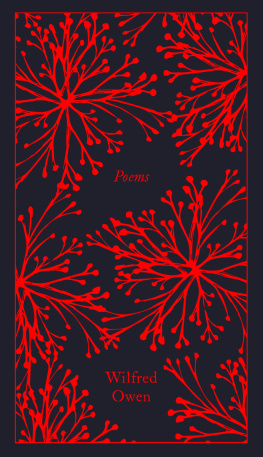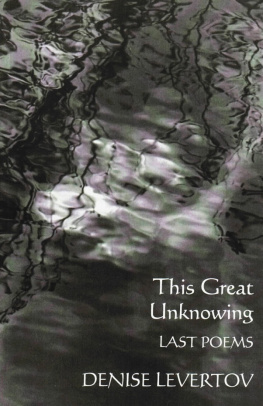VOLUME 104 OF THE YALE SERIES OF YOUNGER POETS
JUVENILIA
Ken Chen
Foreword by Louise Glck
Yale UNIVERSITY PRESS
New Haven and London
Cross Road Blues (Crossroads) and Hell Hound on My Tail, words and music by Robert Johnson. Copyright (1978), 1990, 1991 MPCA King of Spades (SESAC) and Claud L. Johnson (SESAC). Administered by MPCA Music, LLC. All rights reserved.
Copyright 2010 by Ken Chen. All rights reserved. This book may not be reproduced, in whole or in part, including illustrations, in any form (beyond that copying permitted by Sections 107 and 108 of the U.S. Copyright Law and except by reviewers for the public press), without written permission from the publishers.
Designed by Nancy Ovedovitz and set in Scala type by Keystone Typesetting, Inc.
Printed in the United States of America.
Library of Congress Cataloging-in-Publication Data
Chen, Ken, 1979
Juvenilia / Ken Chen; foreword by Louise Glck.
p. cm.(Yale series of younger poets; 104)
ISBN 978-0-300-16007-9 (alk. paper)ISBN 978-0-300-16008-6 (pbk. : alk. paper)
I. Title.
PS3603.H449J88 2010
811.6dc22
2009052146
A catalogue record for this book is available from the British Library.
This paper meets the requirements of ANSI/NISO Z39.48-1992 (Permanence of Paper).
10 9 8 7 6 5 4 3 2 1
FOREWORD
Poetry students in the 1960s were fond of a game based on renga, the Japanese collaborative form that alternates stanzas of seventeen and fourteen syllables. The classical form depends on the principles of link and shift, what Basho called refraining from stepping back, each individual stanza both connected to and evolving from its predecessor. In Stanley Kunitzs twentieth-century classroom, the poem rotated clockwise from student to student; for poem read a piece of paper folded backward from the top, so that each of us saw only that stanza directly preceding the one we were about to write, which we hoped would be both boldly formal and mathematically perfect. The whole, to which the increasing thickness of the fold alluded, was unknowable: its progressive temporary vanishing facilitated our Basholike refraining: there was no world to step back into. Narrative, trajectory, sustained meditation around a single set of ideas, these conventions by which we practiced a form, were precluded by the rengas methodical opacity; it restricted from view nearly everything that came before. Instead we made a chain of associations, each moment connected only to the two adjacent, making the last stanza often entirely remote from the first.
Retrospectively, a poem of this kind acquired a distinct psychological aura: it suggested a mode of being characterized by disconnection, requiring a compensatory intensity of focus on immediate detail. In place of a single governing idea or story, we relied on inference and improvisation: the past was buried or denied (folded over) though it continued imperiously to shape the present. Coexisting with heightened sensitivity to the moment was a constant intuition of something vast or crucial, veiled, but still limiting or directing choices. One analogue to this state might be the immigrant experience, what Ken Chen calls the Peking opera of my childhood.
Strange passengers in a stationary Acura, in what might be a parking lot, might also be a film lot: a father who drops the keys in the toilet, a mother like the moon which rents light from the past, a small boy, an ancient Chinese poet (long dead), and, floating through the scene like a bit player in a crowd scene who goes where needed, an equally remote dreamlike grandfather who seems a character in a surreal gangster movie:
The suitcase open on the bed.
My grandfather is packing up his organs.
When he is done, he takes a taxi to my grandmothers house for supper.
Exits the empty car to Taipei alley.
Dissolve. Now the Los Altos lot.
So did you listen to him, my Father says, taking his keys out of the ignition. You should become a lawyer but your grandfather says anything is fine. As long as youre the best.
My Father stays, my Mother stays silent. I sit and suck my thumb.
I saw your painting. It was beautiful, my Mother says to Wang Wei, restrained beside me by backseat-belt and streetlight world.
California moon not glowor as the translation might say, irradiates instead
and later:
Youre young, my Father says,
Im not sure to me or Wang Wei
and then Wang Wei:
Red hearts in the southern country.
Spring comes with stems enlarging.
I didnt know you two were still together.
Were not, my Father says.
My Father and Mother Decide My Future and
How Could We Forget Wang Wei?
The dead poet, dutifully dragged into the twentieth century, is no more adrift than the other hostages, including the nascent poet, representative of the first generations amnesia. In their experience, the present does not build on the past; it replaces the past. Normal evolutionary modifications yield to something more radical and violent, the early self less changed than buried, its memories incapable of mutation or incorporation. Memories of this kind, of a lost world, are frozen: they exist independent of the present, in no relation to it. On the surface, the present may seem to outsiders enviably free, the past not close enough to reproach it or dictate to it. In fact, the present is haunted or crippled precisely because it cannot contain the past in a way that might change ones perception of it.
In this world, cryptic non-sequitur and silence often substitute for disclosure. The alternative: the child/poet comes to his vocation for speech unwittingly, body-first, via his garrulous rash that tells my skin all the secrets of my body. He has, by now, instead of one car, two households; instead of a dead poet, a sibling:
He asked about his parents, why they split up in the first place, what were they like when they were his age? My fathermy moms roommate from thirty years ago revealswould mill around my mothers place every day, inspect the grass
There are two types of trees in winter,
But in general, They dont talk about these things, my parents, who are as talkative as trees. What does talk is the world outside the family: doctors and waiters are mines of information, not all of it useful:
At the doctors office I watch the doctors wall. A new flu bulletin! Have good posture!
or
The waiter at Jade Pavilion thinks my mother is my sister. The waiter walks up and says, It doesnt matter that no one is home, we still love her. He pours the tea and asks, What good is eternal youth if no one loves you?
later
She takes me to the last doctor. Doctor number seven. Who jerks his finger in the air and says Ah Penicillin! Penicillin muddies the waters! and his hair plugs rustle like a lawn in suburbia.
Juvenilia is not, however, in its primary impulses autobiographical. Ken Chen is far too sophisticated and ambitious a poet to have written a local or sentimental book. The power and originality of this collection owe in part to Chens use of immigrant displacement as a metaphor for the adults relation to his childhood, or origins. No accident that the child is trapped in the backseat with the dead poet: over and over in these poems, the lost homeland corresponds to the vanished world of childhood and the adult speaker to the immigrant. The first world is gone: no one who knew it will talk about it. What survives is a vivid (sometimes paralyzing) conviction that, like the folded over stanzas, it determines the present.
The Invisible Memoir is a tour de force on these themes; the defining thread of abandonment holds together diverse forms:
My gold sword sunk into the ground.My spirit lost among the long weeds.Then in the cool night. Then in the quiet sky. Then the moon blossoming open.My mind goes back to those old hallways, but now only the light glows hollow on the waters of Chin-huai.
Next page

